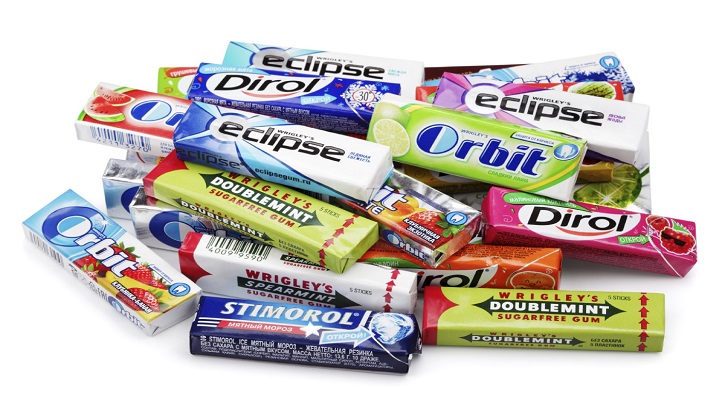
Does Chewing Gum Help Lose Weight?
- Womenscorner Desk
- September 18, 2020
Many people believe that chewing gum is an effective weight loss tool. Some report it helps keep them away from mindless eating, while others swear it keeps their cravings away or helps shape their face by toning their muscles. This article looks into the science behind these claims to determine whether chewing gum can truly help shape your face or shed unwanted weight. Although not all studies agree, some research suggests that chewing gum may offer the following weight loss benefits.
The action of chewing may reduce hunger, make you feel fuller, and help you experience fewer cravings, particularly for snacks. In one recent study, chewing gum reduced hunger and cravings after a 10-hour fast as effectively as drinking a calorie-rich beverage. In another study, a proportion of participants were asked to chew sugarless gum for 30 minutes following a meal. Gum chewers reported feeling fuller than non-gum-chewers as early as 5 minutes after beginning to chew.
Read More : Shuvalong Jharna
Furthermore, a recent review of 15 studies, 5 of which specifically examined gum chewing, suggests that the process of chewing may stimulate the release of specific gut hormones, in turn, reducing hunger and food intake. That said, not all studies have observed similar findings. Therefore, chewing gum may not be an effective way to reduce hunger or food intake for everyone.
Moreover, research suggests that chewing gum may reduce your desire to eat fruit, possibly reducing your overall diet quality. Some people like to chew gum between meals, as they believe it aids weight loss by helping them consume fewer calories during the day. In one study, participants who chewed gum between breakfast and lunch not only felt less hungry between meals but also ate around 68 fewer calories at lunch than those who didn’t chew gum.
Read More : Seminyak Beach, Bali
For reference, this is approximately equivalent to 2 teaspoons (10 grams) of peanut butter or one small piece of fruit. Similarly, other studies suggest that chewing gum after a meal may help you eat up to a 10% smaller portion of a snack 3 hours later than if you hadn’t chewed any gum. Although these findings appear promising, keep in mind that the reductions in calorie intake remain small. Plus, it’s currently unclear whether they result in significant long-term weight loss.
In addition, not all studies have found similar results. In fact, some report that gum chewing has little influence on food or calorie intake. Therefore, more research is needed before strong conclusions can be made. A few small studies suggest that the action of chewing gum may help burn a few additional calories. In one small study, participants who chewed gum before and after breakfast burned around 3–5% more calories in the 3 hours following the meal, compared with those who didn’t chew gum.
Read More : Pasir Putih Beach
In another study, chewing gum after a meal increased diet-induced thermogenesis (DIT), which is the number of calories burned through digestion. However, the number of extra calories burned remained very small, and simply eating the same meal more slowly was even more effective at raising DIT than chewing gum. Research further suggests that chewing gum while walking may aid weight loss. It’s believed to do so by increasing your heart rate and walking speed, possibly resulting in increased calorie and fat burning.
However, at 0.4–6 additional calories burned per 15 minutes of walking, the benefits remain small. Therefore, it’s unlikely this will produce significant weight loss results without being coupled with other dietary and lifestyle changes. Moreover, some people claim that chewing gum may help shape your face by toning your muscles. However, no research supports this claim.
Source : Google





